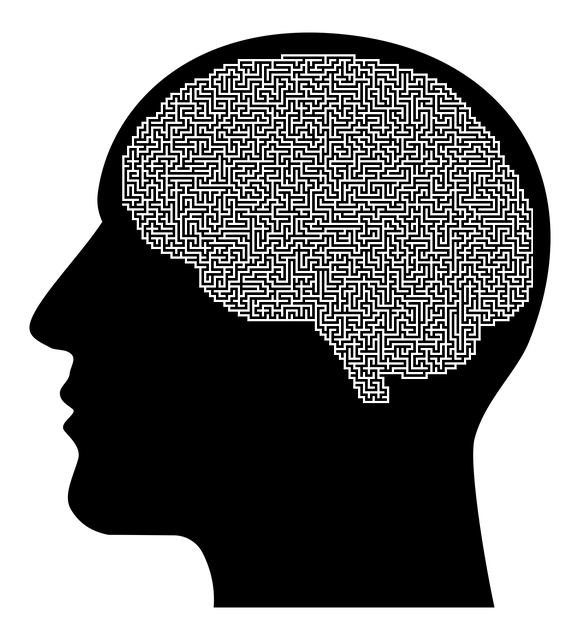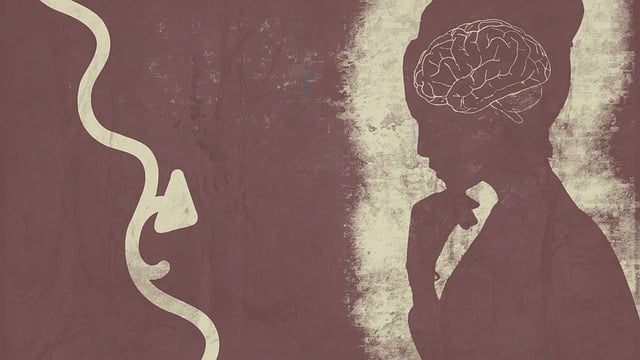Diagnosing mental illnesses accurately is a complex task due to shared symptoms and multifaceted human behavior. Specialized therapies like Englewood Anger Management Therapy (EAMT) play a crucial role in enhancing diagnosis accuracy by targeting specific issues, such as anger, and addressing underlying emotional and behavioral causes. Advancements in assessment tools, evidence-based practices, and multi-disciplinary collaboration further improve diagnostic precision, leading to more effective, tailored mental health care. EAMT, for instance, focuses on emotional regulation, stress management, and confidence boosting, improving clients' mental wellness outcomes.
Mental illness diagnosis accuracy is paramount for effective treatment. However, challenges like subjective symptoms and comorbidities often cloud professional judgment. This article delves into strategies aimed at enhancing diagnostic precision, focusing on specialized therapies such as Englewood Anger Management Therapy as a successful case study. We explore advancements in assessment tools and highlight the critical role of inter-professional collaboration. By understanding these efforts, we can ensure more accurate mental health diagnoses and improved patient outcomes.
- Understanding the Challenges of Mental Illness Diagnosis
- The Role of Specialized Therapies: Englewood Anger Management Therapy as a Case Study
- Advancements in Assessment Tools and Techniques
- Fostering Collaboration Between Professionals for Enhanced Diagnostic Accuracy
Understanding the Challenges of Mental Illness Diagnosis

Diagnosing mental illnesses accurately is a complex task due to the multifaceted nature of human behavior and emotions. Many conditions often present with similar symptoms, making differentiation challenging. For instance, what appears as anger in one person could be a manifestation of anxiety or depression in another. This complexity demands a nuanced approach from mental health professionals, requiring them to delve deep into a client’s history and experiences.
Englewood Anger Management Therapy, for example, focuses on this aspect by not only addressing anger but also helping individuals understand the underlying causes. Effective diagnosis involves integrating self-awareness exercises and risk assessment tools designed to uncover subtleties in behavior patterns. Mental health education programs that equip professionals with the latest research and practical skills are instrumental in improving diagnostic accuracy, ensuring clients receive appropriate care for their unique conditions.
The Role of Specialized Therapies: Englewood Anger Management Therapy as a Case Study

Specialized therapies play a pivotal role in enhancing mental illness diagnosis accuracy by addressing specific symptoms and behaviors that might otherwise be overlooked during initial assessments. One such notable example is the Englewood Anger Management Therapy (EAMT), designed to target and mitigate anger-related issues. This therapy goes beyond traditional treatment methods by offering tailored interventions for individuals struggling with chronic anger, providing them with effective coping strategies.
The EAMT approach focuses on improving emotional regulation, stress management, and confidence boosting, all of which contribute to better mental wellness outcomes. Through structured sessions, participants learn to identify triggers, manage intense emotions, and develop healthier communication patterns. This case study highlights the potential for specialized therapies to not only improve diagnosis accuracy but also revolutionize the way we address mental health concerns by providing targeted solutions that resonate with individuals’ unique challenges, making them more effective in the long term.
Advancements in Assessment Tools and Techniques

In recent years, advancements in assessment tools and techniques have significantly contributed to improving mental illness diagnosis accuracy. One notable example is the integration of evidence-based practices like Englewood Anger Management Therapy, which focuses on identifying and addressing underlying emotional and behavioral issues. These innovative approaches go beyond traditional methods by employing dynamic assessment strategies that capture the nuanced complexities of mental health conditions.
Furthermore, the development of Mental Wellness Coaching Programs and Crisis Intervention Guidance has played a pivotal role in enhancing diagnostic precision. By combining advanced tools with expert guidance, healthcare professionals can now tailor interventions more effectively. This multifaceted approach not only improves diagnosis but also facilitates comprehensive stress reduction methods, ensuring better outcomes for individuals navigating mental health challenges.
Fostering Collaboration Between Professionals for Enhanced Diagnostic Accuracy

In an effort to boost the accuracy of mental illness diagnoses, fostering collaboration between various professionals is paramount. Different specialists bring unique perspectives and expertise to the table, which can significantly enhance diagnostic processes. For instance, integrating insights from psychiatrists, psychologists, and social workers ensures a comprehensive understanding of a patient’s condition. This multi-disciplinary approach, often seen in specialized centers like Englewood Anger Management Therapy, allows for a more nuanced evaluation by combining medical knowledge with therapeutic practices.
By sharing information and working together, these professionals can reduce misdiagnoses and improve overall treatment outcomes. Emotional Intelligence and Self-Awareness Exercises play a pivotal role in this collaboration, enabling practitioners to recognize subtle cues and nuances that might otherwise be overlooked. Moreover, understanding the patient’s emotional healing processes through ongoing interactions and discussions ensures a more accurate diagnosis, catering to their holistic needs.
Mental illness diagnosis accuracy has seen significant advancements through specialized therapies like Englewood Anger Management Therapy, improved assessment tools, and collaborative efforts among professionals. By understanding the unique challenges of mental health diagnosis and adopting innovative techniques, we can ensure more precise and effective treatments. Further research and integrated approaches are essential to continue enhancing diagnostic accuracy, ultimately improving patient outcomes and well-being.














